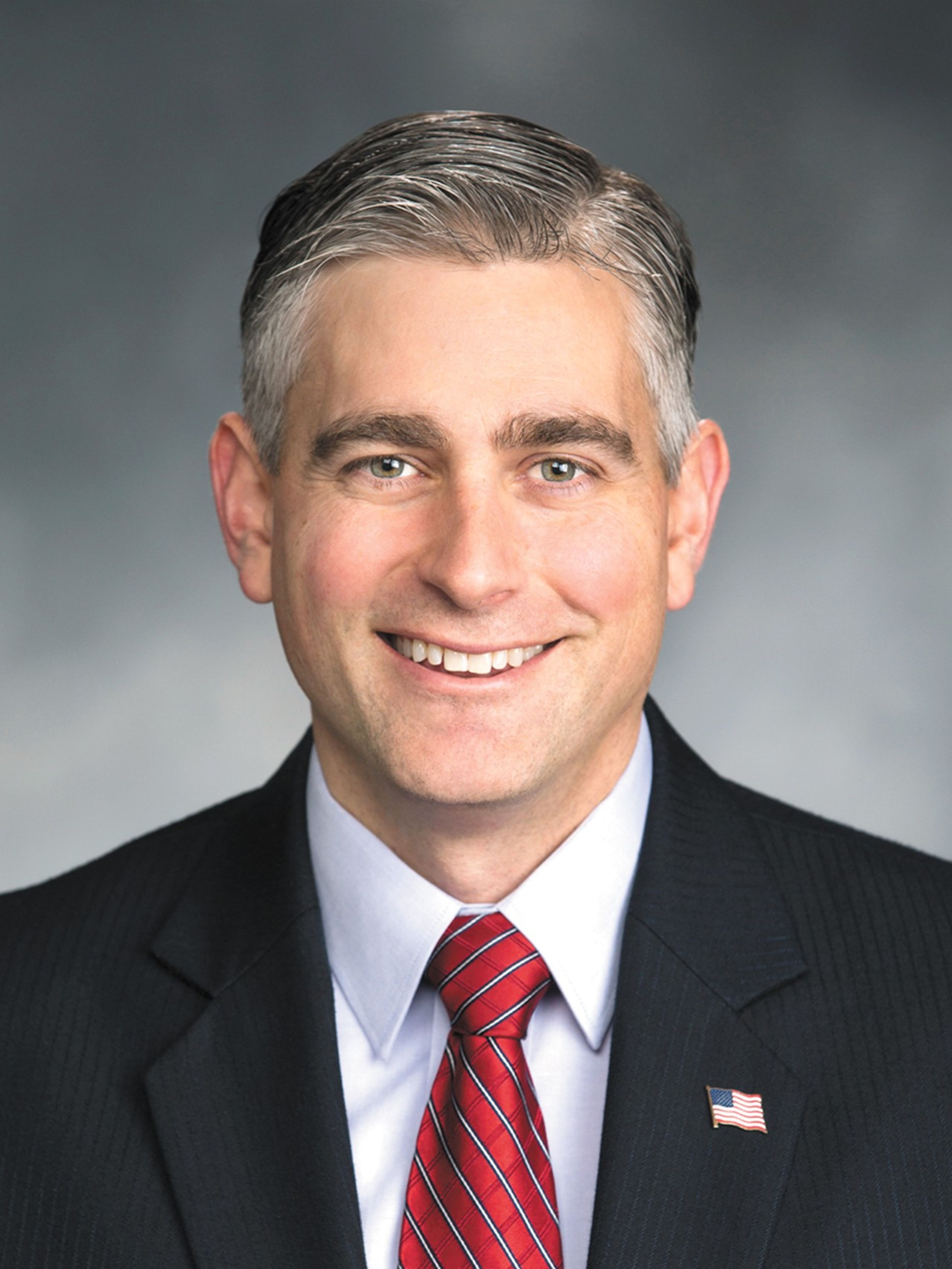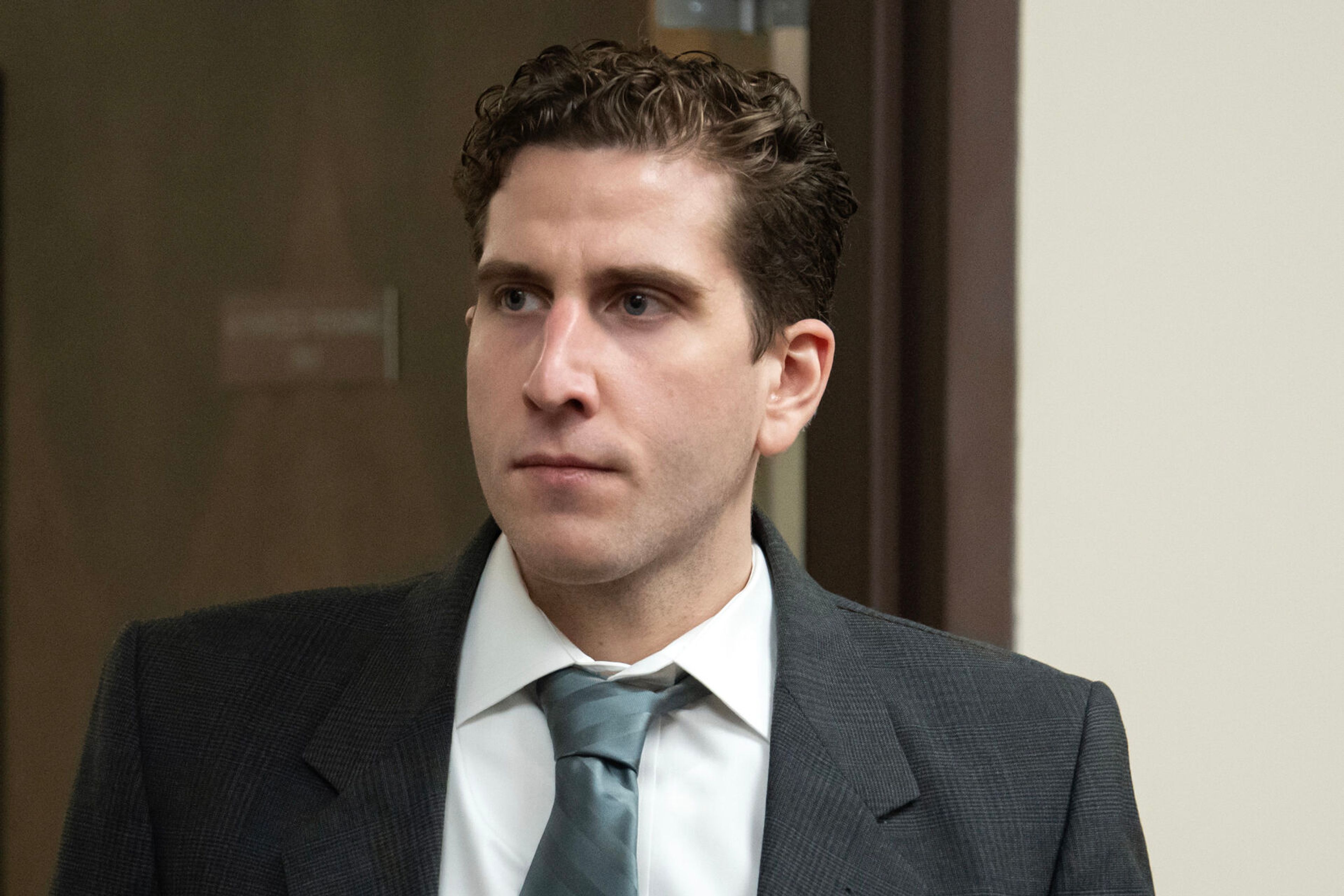Proposed Idaho laws could lead to more out-of-state abortions
Washington clinics are preparing to see more Idahoans as lawmakers consider restrictive measures
In continued efforts to limit abortions in Idaho, state legislators are taking another cue from Texas lawmakers on the private enforcement of abortion bans with Senate Bill 1309.
The legislation, which will next be considered by the Idaho House, builds on a trigger law passed last year that would ban abortions when a fetal heartbeat can be detected, and adds a private enforcement mechanism, allowing family members including the grandparents, siblings, aunts or uncles, as well as the father of a fetus, to sue doctors who perform abortion after a heartbeat can be detected for $20,000 in damages.
The bill would be enacted 30 days after an appellate court made a ruling that affirms the legality of similar legislation in another state. Courts have yet to explicitly rule in favor of those bans, though a similar law, Texas’s Senate Bill 8, has been allowed to stand.
Both pro- and anti-abortion advocates already expect the Supreme Court may overturn or partially overturn Roe v. Wade in June, triggering an Idaho law passed in 2020 that aims to completely ban abortion except in the case of rape or incest, or when the mother’s life is at stake.
However, SB 1309 is a way for the Legislature to criminalize abortions as soon as possible, said Mistie DelliCarpini-Tolman, Idaho state director at Planned Parenthood Alliance Advocates.
“There’s kind of a plethora of outcomes that could happen with that main trigger law and how it could be triggered or what parts of it could be triggered, depending on how the Supreme Court rules in June,” she said. “In the meantime, we saw Texas’s (heartbeat bill) go into effect, and we saw the Supreme Court allow it to go into effect. … So that’s the piece that Idaho is adding to our six-week ban right now, in hopes that they can ban as many abortions as possible, as soon as possible, rather than waiting on the Supreme Court.”
In response to the expected elimination of abortion access in Idaho and several other states, Washington’s Legislature passed House Bill 1851 this year, which will allow physician assistants, advanced registered nurse practitioners and certain other providers to perform abortions.
The law will also specifically prohibit the state from taking action against a person based on pregnancy outcomes, or taking action against a person for “aiding or assisting a pregnant individual in exercising their right to reproductive freedom with their voluntary consent.”
Erin Berry, an obstetrician/gynecologist and medical director for Planned Parenthood of the Great Northwest and the Hawaiian Islands, said for physicians preparing for the expected increase in out-of-state patients funnels time and energy away from other services they would normally be focusing on. That’s especially a challenge given the provider shortage over the past two years because of COVID-19, and something providers hope Washington’s new law will help address.
For patients, both in-state and out-of-state, more people traveling to Washington and Oregon for abortions is expected to increase wait times and delay care, Berry said.
“We are thinking about an increase in second trimester care that’s going to happen, because people are just going to delay care,” she said. “It’s going to take longer to raise the money to include the travel and the lodging and the time off work and all of that stuff for Idahoans to be able to access care.”
As a physician, Berry said she sees the bills as directly interfering with doctors’ ability to provide quality care for patients, pointing to complications where abortions are the safest option for the mother.
Though most bills banning abortions, including those in Idaho, have exceptions in the case where they are necessary to save the life of the mother, many physicians have argued they leave abortion providers legally vulnerable.
“As a physician, it’s devastating,” Berry said. “As a mother myself, as somebody who was pregnant before, has been pregnant and may be pregnant in the future, it’s devastating to think that these laws will come and be so intrusive in my exam room.”
Currently, Idaho residents can still legally get abortions in their state, though options are limited. A recent ruling by the FDA means that for now, patients can be prescribed abortion pills, which can be used up to 10 weeks into pregnancy, through telehealth appointments.
Paul Dillon, vice president of public affairs for Planned Parenthood of Greater Washington and North Idaho, said although Idaho’s most restrictive abortion laws have yet to go into effect, Washington clinics have already seen an increase in Idaho patients.
Out of all the abortion patients Planned Parenthood Pullman saw in 2020, 36% were Idaho residents. In 2021, that number rose to 43%.
“The problem with these bills, too, is the chaos and confusion they create where folks don’t know whether they can access care or not,” he said.
In 2021, the Northwest Abortion Access Fund, which helps people in Washington, Oregon, Idaho and Alaska pay for abortions and related cost, funded 125 Idahoans who had to travel to Washington for abortions, and spent $290,489 to help Idaho callers pay for their abortions. Of the nonprofit’s total funds, 48% were spent in Washington.
Although Idaho’s proposed laws would further limit who can get abortions, many Idaho residents are already unable to access abortion services because of where they live, and the practical challenges of securing travel funds, child care or other barriers, said Iris Alatorre, program manager for the NWAAF.
Last year, 49% of NWAAF’s callers were from Idaho, and 17% from Washington. About 60% of Idaho residents already don’t have access to abortion services in their county, she said, so much of NWAAF’s work will stay the same.
“People think that because abortion is legal, because of Roe v. Wade is a constitutional right, they think that that makes abortion accessible for people and that if that becomes illegal, that’s going to make abortion inaccessible,” Alatorre said. “That is true, but that’s very black and white. The reality of this picture that we’ve been seeing, even as abortion has been legal all these decades, is that most people still don’t have access to abortion.”
What the abortion laws will do, Alatorre said, is make abortions more expensive. It may also motivate some pregnant people to seek alternative, and more dangerous, means to end their pregnancy if they don’t feel they can access abortions.
Data from the pro-choice Guttmacher Institute estimates a total abortion ban in Idaho could increase the average one-way driving distance for people seeking abortions from roughly 21 miles to 250 miles — a roughly 1,107% increase.
Some Washington clinics have even seen patients from Texas since the state’s six-week ban was instated, Dillon said.
While some residents will travel for abortions, the bans will have their biggest impact in rural and low-income communities, Alatorre said.
“We have just seen a steady increase in people who need support getting an abortion,” she said. “We don’t think that that’s going to change.”
Sun may be contacted at rsun@lmtribune.com or on Twitter at @Rachel_M_Sun. This report is made possible by the Lewis-Clark Valley Healthcare Foundation in partnership with Northwest Public Broadcasting, the Lewiston Tribune and the Moscow-Pullman Daily News.








